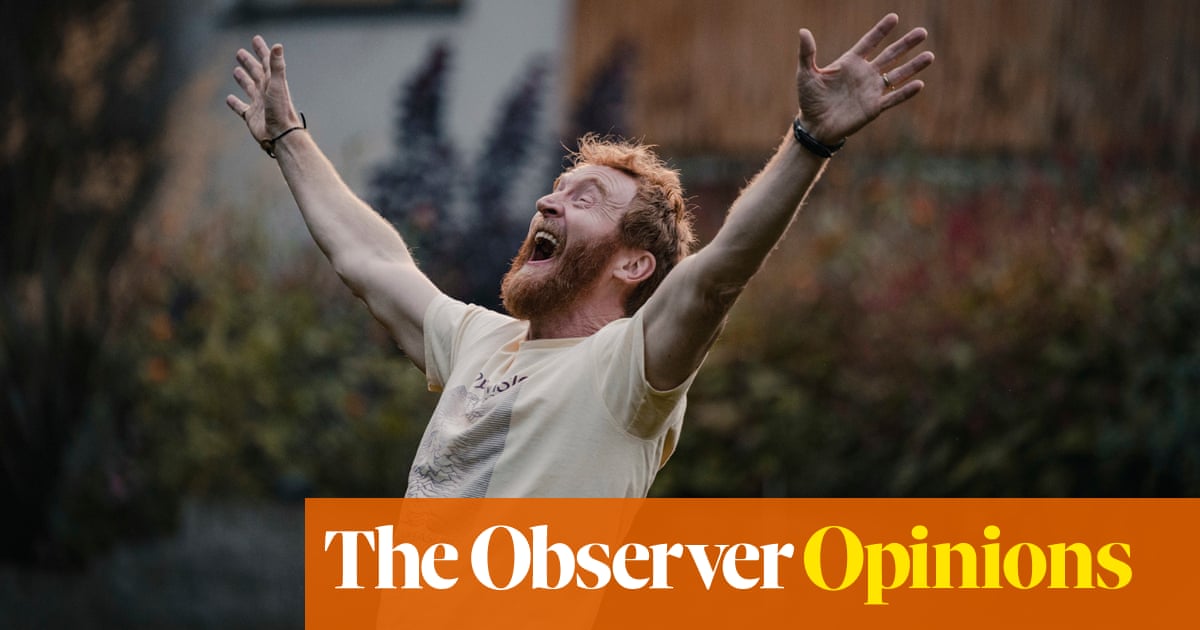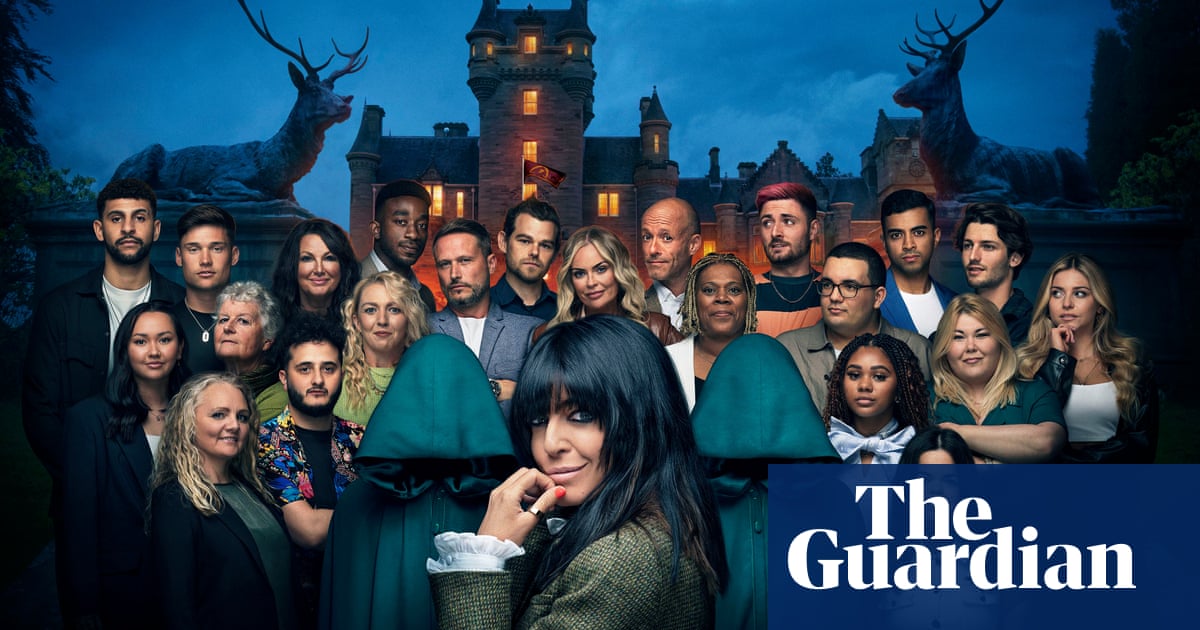
The image of George Floyd, a black man pinned to the ground with a white police officer’s knee on his neck until he chokes to death, should be engraved on our collective memory as long as we live as a constant warning of the dangers of police brutality and the abuse of power.
Equally, we should be shocked and angered by the killing of Eyad Hallaq, a 32-year-old Palestinian man with autism, shot dead by Israeli Border Guard officers on his way to a center for disabled people in Jerusalem. He didn’t threaten them in the slightest, but started running when they ordered him to stop because he was terrified of them.
Should we be scared of the very people whose task is to protect us, especially if we belong to a minority group? In Max Weber’s political thought the state claims a monopoly of legitimate physical violence within a given territory. It is given the power to protect us citizens from external enemies, from terrorists and from lawbreakers amongst us, but no one has granted it the right to terrorize whom it chooses, spread fear, falsely arrest, or target and profile specific segments of society for rough treatment.
In some countries the security forces have become the rulers’ long arm of oppression against their own people, depriving minorities of their rights and generally intimidating the population. In the more democratically minded countries there has developed a subculture within the police, with at least the tacit acquiescence of government and sometimes with its encouragement, of resorting to brutality as a means of maintaining law and order, but mainly to intimidate. The guardians of law break the law themselves, and very rarely are they brought to justice. This should not be tolerated, but rather uprooted without a trace.
Police brutality, including the cold-blooded killing of citizens, is far from being confined to any particular country or authoritarian regime
Yossi Mekelberg
The spontaneous and organic outbreak of rage against the killing of George Floyd, as seen in the protests across the US and indeed across the world, along with expressions of indignation and solidarity flooding social media, stem from the ongoing hurt and pain of people of color who are daily targeted by US police. A brutal killing such as that which took place in Minneapolis may not happen every day, but how many black people, especially young men, experience constant harassment, are disproportionally stopped and searched, are falsely arrested, and face violence by police? Last year police in the US shot and killed 1,004 people, and though black people account for only 13 percent of the population and are less likely to be armed, 24 percent of those killed were African-Americans. In the vast majority of these cases police officers are escaping justice, and even if they do face charges and are convicted the courts are way too lenient, even forgiving.
Police brutality, including the cold-blooded killing of citizens, is far from being confined to any particular country or authoritarian regime. What made these incidents in the US and Israel stand out was not only how needless was the use of force in both cases, but how it was caused by deep-seated prejudice against specific populations, as a result of which violence and brutality by law enforcers has become permissible, and in many cases has previously been met with apathy by large segments of society. But in both cases last week, although more notably in America, there was wider consensus that a line had been crossed, and that those authorities responsible must be held to account and explain in detail how they intend to clean their ranks from racial bias.
More than five decades of Israeli occupation and control of the West Bank and Gaza Strip have been replete with the killings of thousands of non-combatant Palestinians, with almost complete impunity and no accountability. It is not only the deaths dealt out by the security forces and at times by settlers; the long list of abuses includes people, including children, being detained without evidence of lawbreaking; the vandalizing of Palestinian property; and the daily humiliation of the civilian population as a matter of routine.
Israel’s new Defense Minister Benny Gantz, admittedly, was quick to express his regret and sorrow at the cruel and avoidable death of Eyad Hallaq. But Gantz, as a former chief of staff, was instrumental in creating this culture of abusing Palestinians’ human rights. It suggests the question, what was going through the minds of the two Border Police officers as they pursued someone who probably couldn’t tell the difference between a Jew and an Arab and didn’t have the slightest idea why he was being chased? How could they not tell he was unarmed and posed no threat? Were they infected by the arrogance of power and the permissive social environment that perceives the value of a Palestinian life as less than their own, the way some white police officers see the lives of people of color in the US?
One can only hope that both Floyd, Hallaq and their families will find justice in court, but even if they do the stain remains; not only on those who caused the death of two innocent people, but on the entire society, until all forms of discrimination have been eradicated and all those who commit such acts feel the full force of the law.
• Yossi Mekelberg is professor of international relations at Regent’s University London, where he is head of the International Relations and Social Sciences Program. He is also an associate fellow of the MENA Program at Chatham House. He is a regular contributor to the international written and electronic media. Twitter: @YMekelberg
Disclaimer: Views expressed by writers in this section are their own and do not necessarily reflect Arab News" point-of-view












